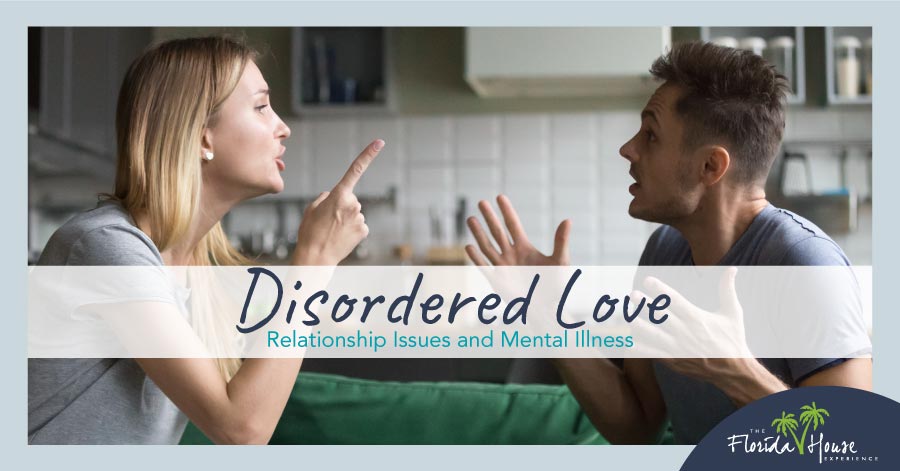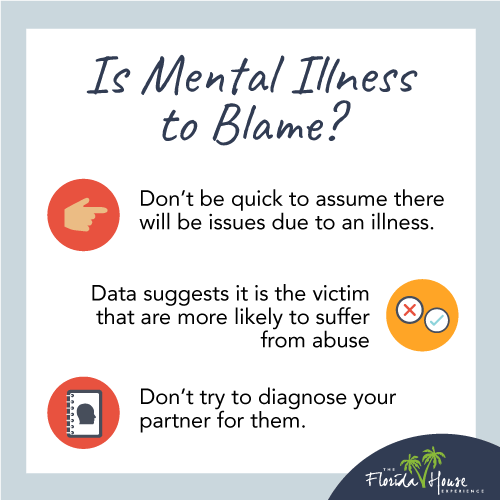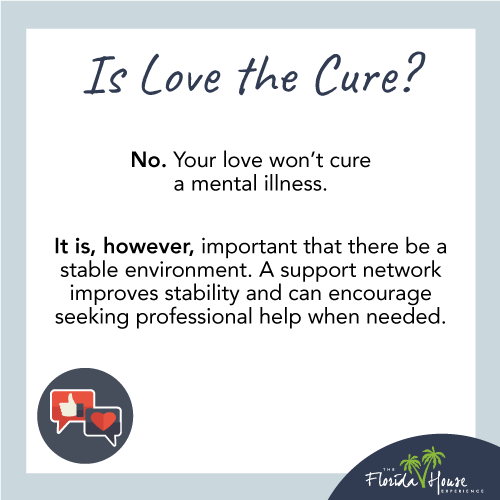
|
|
Mental illness impacts millions of Americans each year. According to the National Alliance on Mental Illness, approximately one in five adults (nearly 44 million) is currently living with depression, anxiety or another mental disorder, and one in 25 “experiences a serious mental illness in a given year that substantially interferes with or limits one or more major life activities.”
If you don’t have a mental health issue yourself, there’s a very good chance that you are close to someone who is struggling with an illness that may impact everything from their mood to their sex drive, ability to focus and even how they relate to other people.
Could Mental Illness Be Causing Your Relationship Issues?
 If you suspect that mental illness could be causing issues in your relationship with your spouse, boyfriend, girlfriend or partner, you could be right. And you also may have had trouble getting help from a counselor, your doctor, or another professional simply because mental health in relationships has traditionally been treated as an individual problem.
If you suspect that mental illness could be causing issues in your relationship with your spouse, boyfriend, girlfriend or partner, you could be right. And you also may have had trouble getting help from a counselor, your doctor, or another professional simply because mental health in relationships has traditionally been treated as an individual problem.
Pierre Imlay, a board-registered Marriage and Family Therapist, writes that “it has been known for a long time by those working in the field with couples that individuals who have a mental illness can have a negative impact on their spouse’s mental health, and vice versa.” He explains, “If one or both of the partners is struggling with a mental illness . . . negative emotional reactions are often intensified.”
The fact that your partner has a mental illness doesn’t necessarily mean you’ll have relationship issues; however, the symptoms of many mental health problems do often escalate stressful situations, conflicts, and disagreements within an intimate relationship. On the upside, Imlay also says that “I’ve witnessed firsthand the curative effects that a healthy relationship can have on an individual struggling with mental illness.”
Are Abusive Partners Actually Mentally Ill?
Not always.
While it’s not uncommon for abusive domestic partners and their victims to dismiss the physical, sexual or emotional abuse as simply a symptom of mental illness in relationships, researchers are increasingly disproving the link between mental health and abusive behavior.
Nancy Erickson, an attorney who consults on domestic violence legal issues, researched the link between abuse within a relationship and mental health, and she concluded that “Domestic abuse is a behavior, not a symptom of mental illness.” Author Lundy Bancroft states, “Believing abusers are mentally ill can be a ‘trap of misinformation’ that can lead, among other things, to victims believing their abusers will get better if they just get help for their mental illness.”
In fact, suffering from a mental illness in a relationship appears to increase the likelihood of becoming a victim of abuse or violence, rather than being the perpetrator. One study found that those with severe mental health problems such as schizophrenia, psychosis or bipolar disorder are actually two and a half times more likely to be victimized than the general population is.
 No, but it can help.
No, but it can help.





